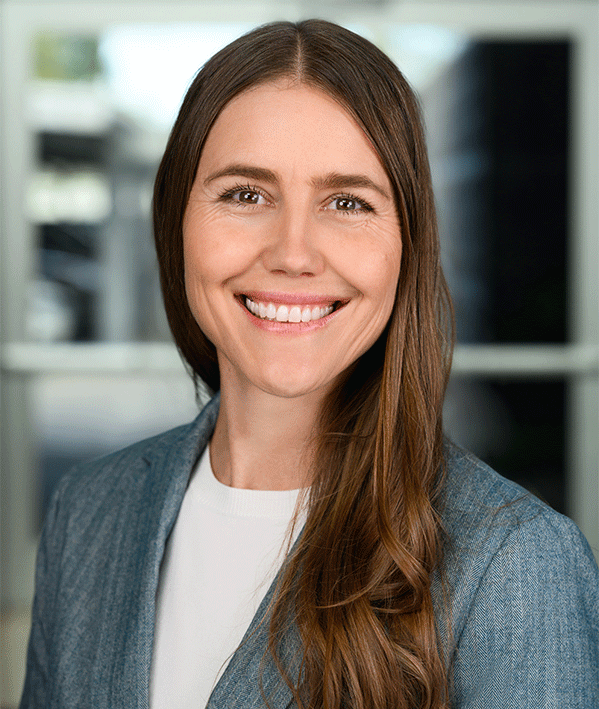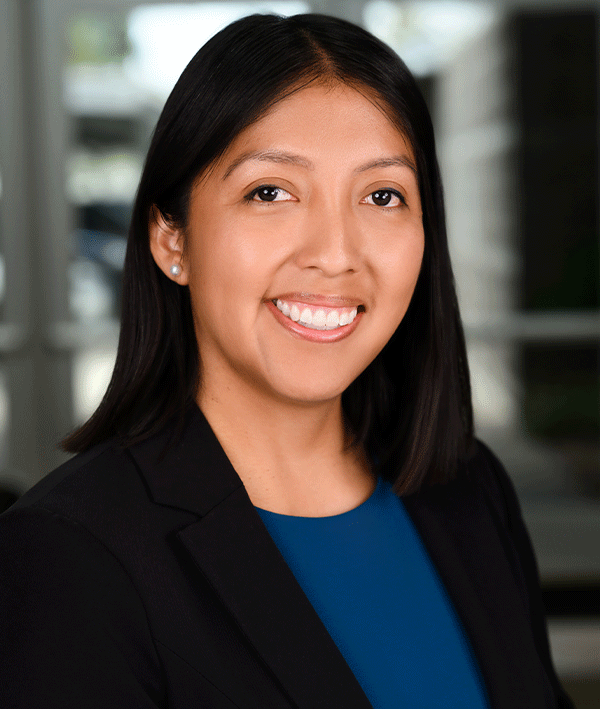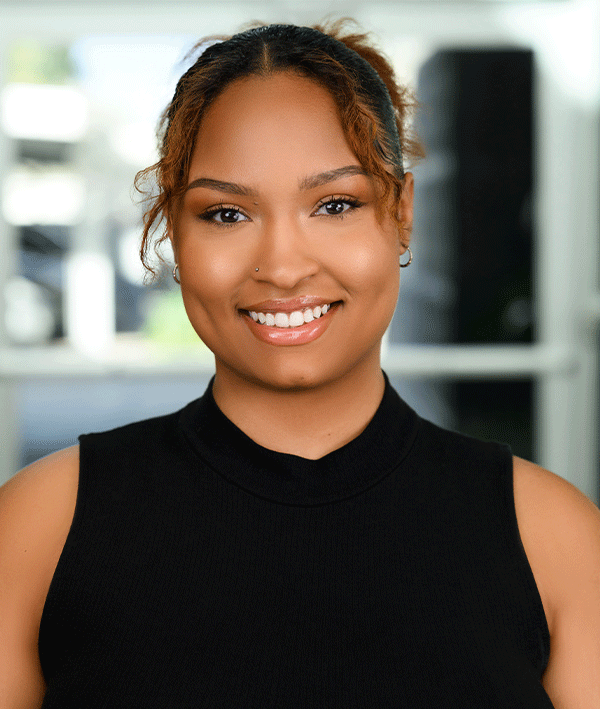On the Road 2011: Day Twenty Two
Each summer the Flinn Scholars Program takes an entire class of Scholars to Budapest, Hungary, and neighboring Slovakia and Serbia for a three-week seminar on the emerging democracies of Eastern Europe. Here’s a day-by-day account.
John Ernzen ('10)
Veni, Vidi, Vici.
Today began just like any other day on the Central European Seminar: with an early alarm that came far too soon and some sliced bread, meat, and cheese for breakfast at our beloved Radio Inn. However, even as we gathered downstairs talking about the various shenanigans that went on last night, hurriedly finishing our paper evaluation packets, and remembering what souvenirs or gifts we had left to buy, inside we were all thinking the same thing–that this was our final day together. With that in mind, while no one would say it out loud, we agreed to make it count.
And so we set off, embarking on our final “Find your own way!”--not to our rooms (thank you, Alan, for that) but to the IIE (Institute of International Education) office for our final trip evaluation. It felt fitting, realizing that we had gathered here on Day 1 of the seminar to go over our expectations and hopes for the trip, that we would now reconvene to share our reflections on what we had learned and gained from the entire experience. And while regrettably I don’t have the room or the memory to include some of the insights shared, it was absolutely surreal listening to my fliblings reveal how much we’ve all grown in the past three and a half weeks.
Following this, we had a brief recommendation section where we went over what worked and what could possibly be improved or revised for the coming years, led by the one and only Kata, of course. Even with all the different opinions and suggestions though, each one of us could agree that the week in Serbia was phenomenal and provided some excellent contrast and insight with our Hungarian adventures.
As morning turned to afternoon and our stomachs started grumbling, we wrapped up our evaluation session, said goodbye to most of the IIE staff, and went our separate ways to savor the final hours of free time.
Some of us struck out to grab a final lunch at the beloved hummus bar; others headed back to the Radio Inn to finish packing or catch up on some much needed sleep for tonight; still others (myself included) journeyed to the Great Market Hall and Váci utca to finish finding gifts for chaperones, coordinators, and loved ones. But no matter how we each chose to spend the afternoon, eventually seven o’ clock rolled around and with that came a massive migration to the nearby Kogart House for our seminar’s closing reception.
Enormous and situated right along Andrássy utca, even as we approached the Kogart House looked promising as the setting of our itinerary’s final activity. And once inside the reception hall, surrounded by IIE staff and past presenters and lecturers alike, we all realized that Kata and Michael had ensured our seminar would go out with a bang.
Before dinner, this bang (quite literally) sounded with a surprise concert of classically-trained guitarist Robert Sinha, along with fellow guitarist Róbert Vidák and the stunning Szilvia Péter Szabó on vocals. Demonstrating a blend of Spanish flamenco and Hungarian folk music, with a few traditional gypsy pieces as well, the concert was beautiful, and it was an honor to experience the music in such an intimate setting.
Even more than the numbers themselves though, what I loved most was hearing Robert’s explanation of how all three musicians came from separate styles and backgrounds so that together they could create this hybrid harmony that reached beyond their guitars to tug at our heartstrings.
Just after their final number, we were all surprised when our very own Savannah rose and explained that she was going to sing a number that she and Robert had (secretly) planned out a few days prior. Before beginning, Savannah beamingly addressed our class saying “This performance isn’t about me, because tonight isn’t about me. Tonight is about all of us, and so I need you all to sing along.”
It took me a few seconds to recognize the chords on the guitar, and then Savannah was belting out the opening verse of Journey’s “Don’t Stop Believin’,” bringing home what had become our class’ adopted anthem for the past three weeks.
As cameras flashed and tears fell, our class put up a resounding chorus of “Don’t Stop” for the final time, realizing that we didn’t want to stop believing–not in this trip, but in each other and in ourselves. Each of us understood how much we’d grown and what a close family we had become in the past month, and we wanted to ensure that the end of this trip wouldn’t mean the end of that bond.
And so as the final applause died down, it was now time for Michael, Kata, and Agi (the former program coordinator from years past, and now director of IIE Europe) to take the stage and share some of their thoughts about what the trip had meant to them. What I loved most was hearing Agi, whom we had only met that night, address us saying “I feel like I know you all, because I can see in your faces the same thing that I’ve seen in all Flinns–passion.”
Following these three touching presentations, dinner was served, and I very gratefully grabbed my plate and hurried to get in line. During the meal we enjoyed (in addition to the food) last-minute discussions with some of our past presenters and IIE staff, all the while reminiscing about favorite memories and moments with each other.
After finishing dessert, it was finally time for the much anticipated Scholar awards, and with that our two amazing chaperones, Amy and Alan, took the stage to commend each of us in a very ‘personal’ way. I took home the “Ninja of Help” award and laughed uncontrollably as my classmates were honored with their own occasionally-serious, mostly-hilarious titles. Then it was finally time for our class to present our gifts and our gratitude to our chaperones, to Kata, and especially to Michael, all of whom had guided us so well on this journey.
While our presentations marked the end of the reception dinner and the end of our itinerary, our class decided that we weren’t ready for that to be our final moment together. Instead, during and shortly after dinner we came together and agreed that we would all head to Heroes’ Square–where we had ventured the first night in Budapest after our midnight arrival–for one final memory with one another.
As I walked back to the hotel with my fliblings to change from our formal attire, I realized that (since not all of our class would even be flying home tomorrow) this would indeed be a final moment for us, and so all bets were off.
After arriving there together and setting up camp at the square’s center (meanwhile asking a random stranger to take a picture of us for hopefully the last time), we voluntarily went around one by one and just opened up: Be it insecurities or reflections, memories or confessions, we each spoke about what this trip had meant to us and, even more importantly, what this class now meant to us.
As we watched a central lunar eclipse happen before our very eyes (the only one since 2007), we all knew that this memory and this moment were meant to be. We were truly a family now and, after agreeing to attend a whole lot of weddings, we promised each other that, even without future seminars, that fact would never change.
After a fresh set of tears and countless hugs, we all left Heroes’ Square for the last time and returned to the Radio Inn to finish packing and try and catch what little sleep we could before our early flight tomorrow.
So as I finish this terribly long final entry to our phenomenal journey, I feel that I must say thank you to the Flinn Foundation for allowing me to be part of such an amazing trip and providing the means through which this family could come together. Even more, though, I’d like to say thank you to all of my fliblings as well, for showing me just how blessed I am to be a member of such a family.
And so, as I close I have to apologize to Nikil for once more borrowing his talents in saying:
We came, we saw…
Boom, conquered!



